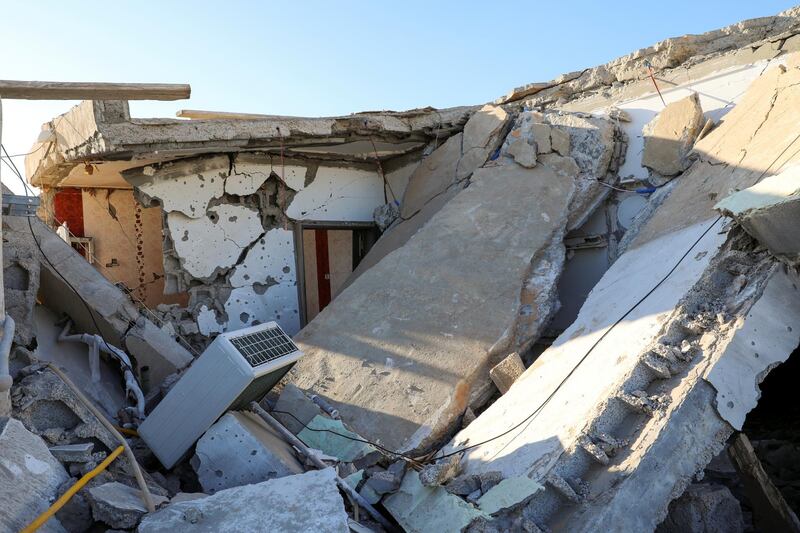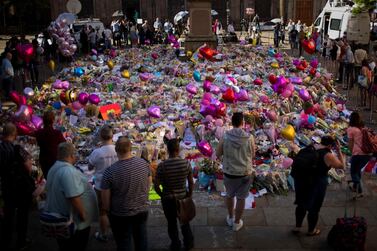Battles raged on several fronts in Libya on Friday after a night of heavy bombardment in Tripoli, combatants and residents said, despite the threat continued fighting poses to efforts to stop the coronavirus pandemic.
Serious warfare resumed this week after a comparative lull in recent weeks, defying international calls for calm to allow Libya's fragmented and overstretched health system to prepare for any spread of the coronavirus.
Libya confirmed its first case of the highly infectious respiratory disease on Monday - a Libyan man recently returned from overseas. After years of instability and violence, much of the North African country's medical infrastructure is in ruins, hospitals and clinics have been targeted, and many doctors and nurses have not been paid since December.
The Libyan National Army (LNA) of Field Marshal Khalifa Haftar has been assaulting Tripoli for nearly a year, hoping to capture the capital in the north-west where the internationally recognised Government of National Accord (GNA) is based.
Diplomacy has foundered, with the latest round of talks in Geneva making no progress towards a political solution last month, and the UN envoy resigning for health reasons.
Before he quit, he warned that the arms embargo on Libya was being routinely violated.
On Thursday, the European Union said it would launch a new naval and air mission to stop further breaches of the embargo.
Greece has agreed to be the landing point for any migrants rescued in the course of the mission, though its primary purpose is to enforce the embargo.
The new mission replaces Operation Sophia, set up in 2015 to fight people-smuggling across the Mediterranean at the height of Europe's migrant crisis.
What to do with any migrants picked up during Irini's operations was the last major sticking point, with Italy earlier this week insisting it would not receive them.
EU naval vessels, provided and crewed by member state navies, will operate in the eastern Mediterranean with the authority to board ships suspected of delivering arms, a diplomatic source said.
Huge explosions rattled Tripoli from midnight onwards, with artillery fire echoing around the city on Friday morning, according to residents.
Fierce clashes were reported in the west of Libya, between Tripoli and the Tunisian border, in the capital's southern suburbs, and in the frontline region between Sirte and Misrata to the east of Tripoli.
An LNA military source said fighting had resumed at dawn on Friday west of Sirte, a port city in central Libya captured by the LNA in January. The media office for pro-GNA forces did not comment.
The United Nations "is alarmed that hostilities have continued in and around Tripoli despite the announced humanitarian pause", a UN statement said on Friday.







